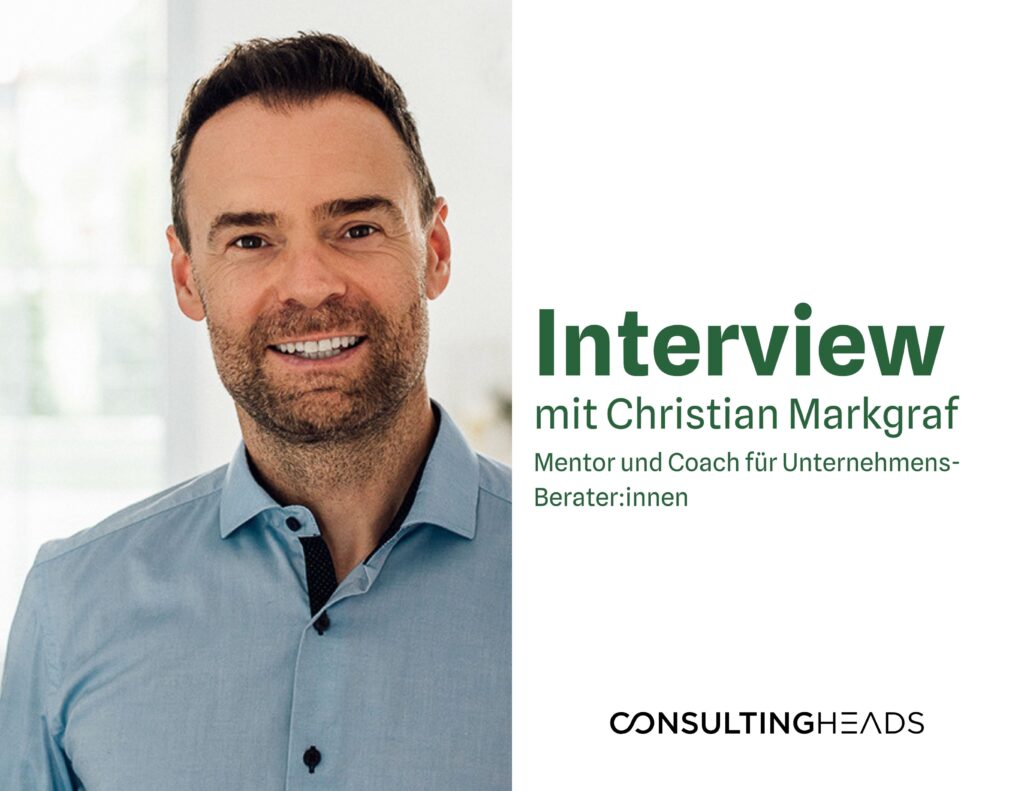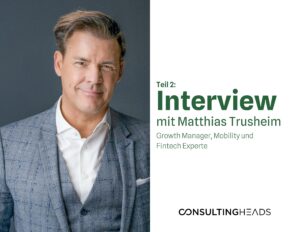Consultants often work under enormous pressure. Long working hours, high expectations and an intense pace of travel demand a lot from them. How can productivity and mental health be sensibly balanced in the consulting sector? An insight into best practices and support services for the consulting industry.
Why mental health is often neglected in consulting
Management consulting is known for its fast pace and long working hours. According to a study by ALM Intelligence, around 50% of consultants suffer from stress-related symptoms that have a negative impact on their productivity and satisfaction. Stress factors include:
- Time pressure during project work
- High demands on quality and depth of detail
- Permanent availability and travel activities
- Difficult balance between professional and private life
This constant stress can quickly lead to a point where mental health suffers and productivity decreases in the long term. At the same time, support for mental health often goes unused in many consulting companies – with the result that the risk of burnout in this sector is above average.
The link between productivity and mental health
Mental health and productivity are interrelated. Productivity can only be maintained in the long term if mental health is also taken care of. A balanced relationship is the key to success here – and to sustainable growth. For consulting companies, this means looking at productive work not as a question of overtime, but as a question of efficiency and quality of work.
Christian Markgraf, a long-standing consultant and current coach for consultants, sees this as a major misunderstanding in traditional consultant training. “In the training and career development of consultants, the focus is on efficiency, methodology and specialist knowledge, but not yet sufficiently on self-care and resilience. Considering mental health as the basis for productivity is often underestimated,” he explains.
Strengthening mental health - concrete measures for consultants and companies
Consultants and companies can use many approaches to promote a balance between productivity and mental health. Here are some proven methods:
- Set boundaries and stick to them:
Clear boundaries between work and leisure time are particularly difficult to implement in consulting, but are essential for a healthy work-life balance. - Establish mental breaks and rest periods:
Regular short breaks and weekends to fully recover help to avoid overload and increase performance. - Mindfulness and resilience training:
Mindfulness and resilience programs can be particularly helpful for consultants who often work on difficult, demanding projects in order to better manage stress and reduce stress levels. - Efficient planning and prioritization:
A clear, strategic approach to priorities can help to structure the working day and avoid excessive stress. A focus on the essentials helps here: Tasks that do not add value should be questioned. - Promotion of coaching and mentoring programs:
Special programs that specifically support consultants in their professional and personal development can provide valuable impetus. A mentor or coach can play a key role in both professional and mental challenges.
How coaching provides targeted support: A conversation with Christian Markgraf
Christian, who works as a coach and mentor for consultants, has a deep understanding of the industry and the challenges that consultants face on a daily basis thanks to his many years of consulting experience. His mentoring program focuses specifically on the aspects that are often neglected in traditional consultant training. He explains:
“Most of the internal training formats for consultants are focused on problem-solving skills, methodological skills and specialist specialist knowledge. They accordingly still too little about personal resilience and mental success factors.
But this is precisely where an enormous lever lies. Measures that are often used and trained to increase productivity can only achieve a full and, above all, sustainable effect if consultants have found a way to build up the mental stability required for this. Individually adapted methods that can also be implemented in hectic day-to-day consulting work are usually the most effective for this.
Christian helps consultants to better understand their stress limits and find an individual way to increase productivity in a mentally healthy way. “For many, it is liberating to realize that they can achieve great things with small adjustments in their everyday lives, both organizationally and mentally,” he emphasizes.
How to implement this in everyday consulting
Implementing measures to promote mental health does not have to be complicated. By providing targeted support, companies can noticeably increase the motivation and satisfaction of their teams and improve productivity at the same time.
Some important starting points:
- Promote an open corporate culture:
Actively address the topic of mental health and encourage employees to seek support if they need it. - Actively offer mentoring programs and coaching:
External coaches can provide consultants with targeted support in finding a healthy balance and remaining productive. - Flexible working hours and remote working options:
Especially for consultants with intensive travel activities, flexible working models can greatly improve well-being. - Promote appreciation and recognition:
An appreciative working environment has a positive effect on mental health and increases the long-term loyalty of employees.
Productivity and mental health as the basis for success
Productivity and mental health do not have to be mutually exclusive in the consulting industry. With the right measures – from mindful planning to active support through coaching – both factors can be harmoniously combined. An investment in mental health is ultimately also an investment in the future and the success of the company.
Would you like to find out how an individual coaching program can promote productivity and mental health for you or your employees?
Take the opportunity to find out more about Christian’s coaching – contact the expert now!






